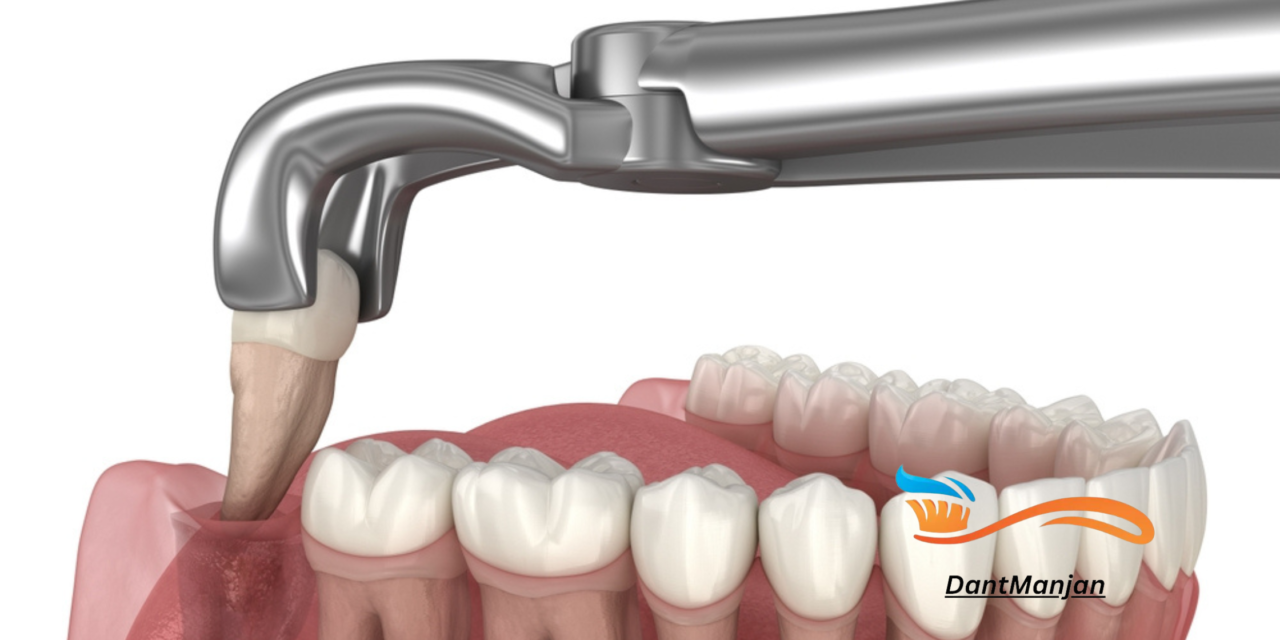The third molars, commonly referred to as the wisdom teeth, normally come out from the mouth during a late adolescent or early adult age. Most of the time these would not work well because they would either be obstructed, misaligned, or crowd others; thus removal would be necessary due to such complications although at times they are also important. However, for recovery without any hindrance, it is paramount that both you and your close relative be aware of what shall happen before and after the procedure.
Extraction of Wisdom Teeth – Process and important points
Extraction of wisdom teeth is a common oral surgery procedure with standard surgical procedure and the process of pulling the teeth was explicitly explained using generic steps and terminologies. Extraction of wisdom teeth is normally performed by oral surgeons or dentists. The following is what happens during the procedure:
Anaesthesia: Before beginning the procedure, anaesthetic should be administered to ensure that the patient feels nothing during the surgery. In extreme situations where patients are too nervous to have an operation without sedation, General Anesthesia is used, otherwise, a specific area can be numbed with local anaesthesia.
Extraction: An oral surgeon or dentist will remove the wisdom tooth when the anaesthesia begins working. Occasionally, in case the tooth is impacted or simple prolapse, it may be necessary to section it off into smaller bits so it can be easily extracted.
Stitching: While removing a tooth, a dental surgeon might need to sew up the incision so that it can heal properly without infections. The sutures are usually absorbed by themselves.
Gauze Placement: To reduce the amount of blood flow out of the body creating blood clots above the incision part a piece of gauze slightly bit down on by the patient was placed. Placing a piece of gauze over an incision lessens the amount of bleeding.
Recovery Period of Wisdom Tooth Pain
There is soreness and swelling in most patients after they have had their wisdom teeth extracted; these are usual complications of oral surgery. But the Onset and duration for each event can differ greatly depending on the person but generally tend to be:
Immediately after surgery: Due to the remnants of anaesthesia, patients may feel mild pain and numbness shortly after the operation.
In the first few days: After surgery, the first few days are usually the most painful days featuring distended and soreness of the extraction site.
One week: In a week, most patients have a significant reduction in pain and swelling which is a great sign of healing.
Also Read: A Guide To Toothpaste: History, Selection And Cleanup
Post-treatment Instructions For Aftercare
Here are some suggestions for faster and less painful healing:
After the operation, follow the advice given by your dentist or oral surgeon. You will receive detailed instructions on how to eat when to go back to your routine, and ways to take care of the place where the tooth was extracted.
Control discomfort and inflammation: You can take the painkillers prescribed by your dentist and apply Ice Packs on the cheeks to reduce the swelling.
Maintain proper oral hygiene: To maintain a healthy mouth with a clean tooth removal site, brush gently and rinse using a saltwater solution.





